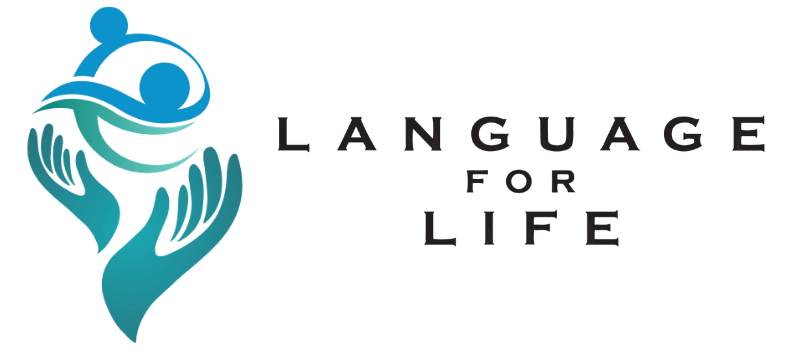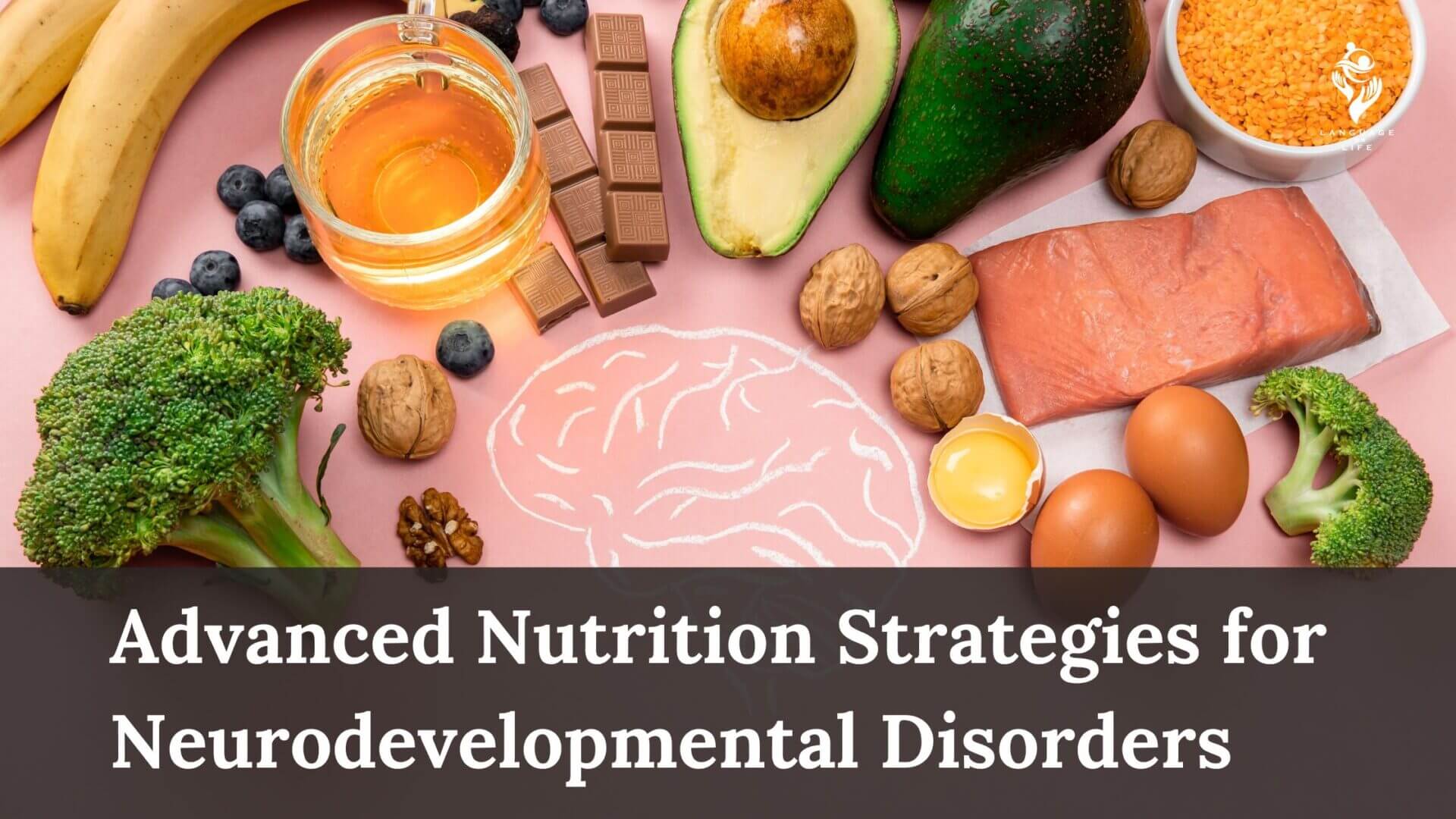Supporting the Brain with Food and Supplements
Did you know that approximately 1 in 54 children are diagnosed with autism and approximately 5% have ADHD? Although therapy and medication are common methods, emerging research shows that what we feed our children affects may have a huge impact on managing symptoms and supporting brain development. In this blog we’ll explore healthy diets to ensure your child has a healthy lifestyle!
The Brain Loves Healthy Fats: Promoting brain development
Since the human brain is greatly enriched with fatty tissues, it would only make sense that healthy fats are quite an absolute necessity for brain growth and development. Omega-3 acids, found in foods like salmon, flaxseed and nuts, are important for brain growth and development. Children with ADHD who consume more omega-3s have better focus, concentration, and even behaviour.
You can easily add these healthy fats to your meals, having fish a couple of times a week or adding flax seeds into smoothies or yoghurt.
Protein Power: Building Blocks for Better Focus
These proteins contribute to the production of neurotransmitters such as dopamine, which plays a vital role, and serotonin, which influences mood regulation. Protein also helps stabilise blood sugar, which in turn would help affect focus and energy levels in children with ADHD. Protein-rich foods such as eggs, lean meats, figs, and lentils. Consistent energy is essential and supports cognitive function.
They can help even out the energy level of children with ADHD and maintain their focus. A high-protein breakfast, such as eggs or Greek yoghurt, sets the stage for improved concentration throughout the day.
Fibre and Gut Health: The Brain-Gut Connection Explained
Did you know that the gut and brain are connected?.This “gut-brain axis” simply means that a better gut leads to a better brain. Fibre-rich foods provide a food source for beneficial gut bacteria. It is linked to brain health through gut-brain interactions. Probiotics in foods such as yoghurt or supplements can further improve gut health and have a positive effect on work and cognitive behaviour.
Children with ASD often have gastrointestinal difficulties, and increasing their fibre intake can go a long way in keeping both the gut and brain happy. Probiotic foods, such as yoghurt, or additional supplements may also help in gut health and thereby enhance cognitive function.
Specialised Diets for Neurodevelopmental Disorders: Gluten-Free, Casein-Free, and Feingold Diets
Some people with autism may be sensitive to gluten. Gluten (found in wheat) or casein (found in dairy products) can cause digestive and behavioural problems. Removing these proteins has led some families to report improved communication and reduced symptoms. But results will vary.
The withdrawal of processed foods and additives, such as artificial colours and preservatives, has been known to reduce hyperactivity in children with ADHD. Therefore, the Feingold Diet focuses on eliminating these triggers and encourages whole, natural foods in return.
Boosting Brain Function with Supplements
Supplements can also go along with a healthy diet in supporting brain health. Omega-3, magnesium, and zinc are particularly helpful in promoting neurodevelopment. However, it’s important to consult a health professional, such as a dietitian, to make sure that supplements are appropriate for your child’s specific needs. A dietitian can help create a nutrition plan that takes into account the unique challenges of ASD and ADHD. This will ensure that your child receives balanced nutrition while managing symptoms effectively. Parents can play a proactive role in supporting their children’s development as well.
Let’s approach with creativity and enthusiasm—because small changes in diet can lead to big improvements in both health and happiness!

